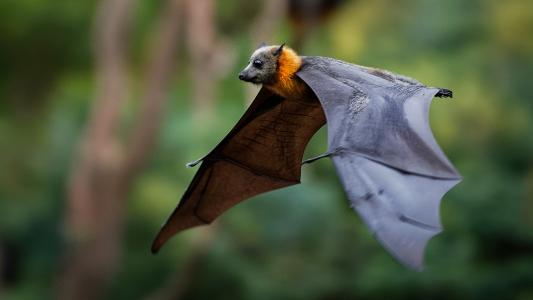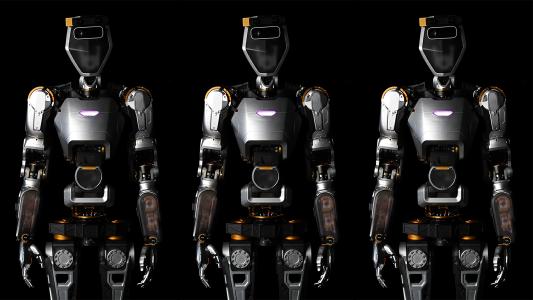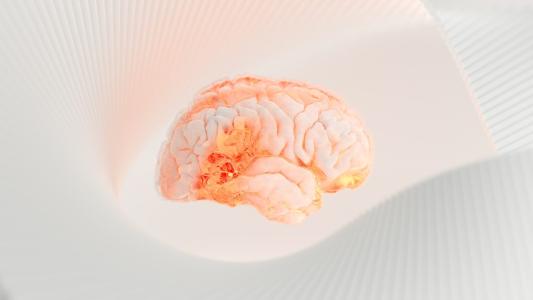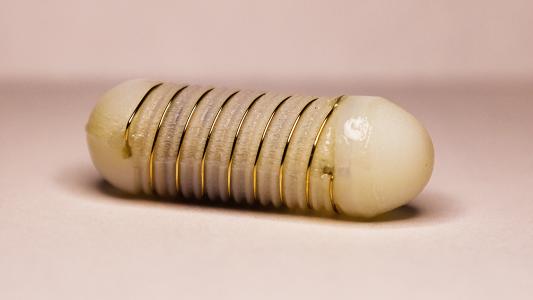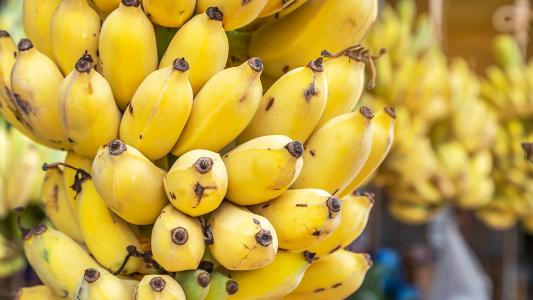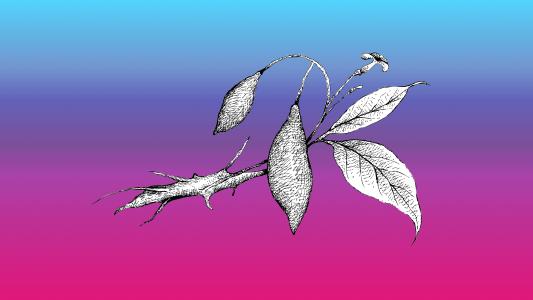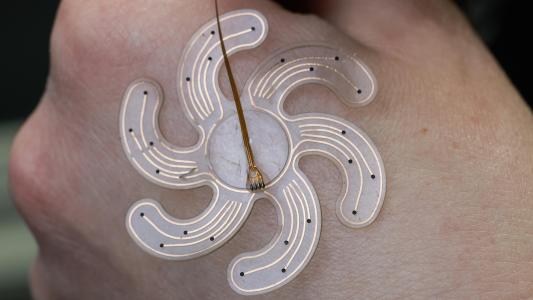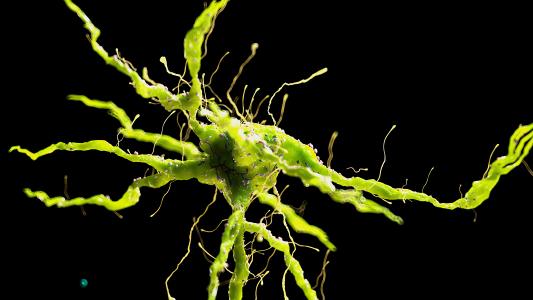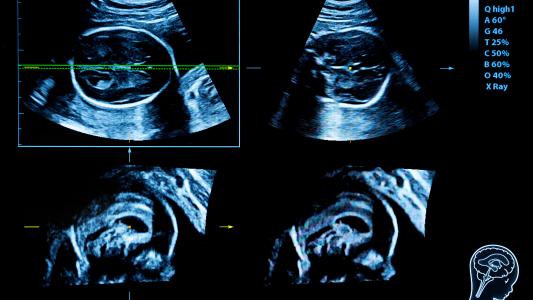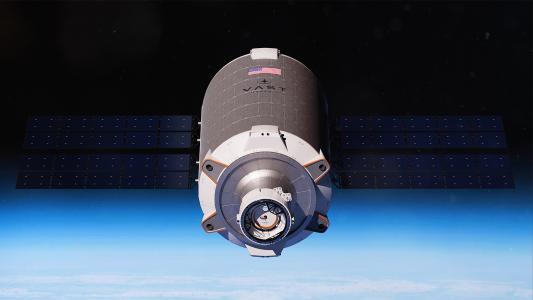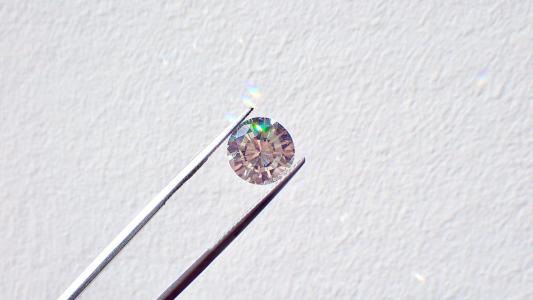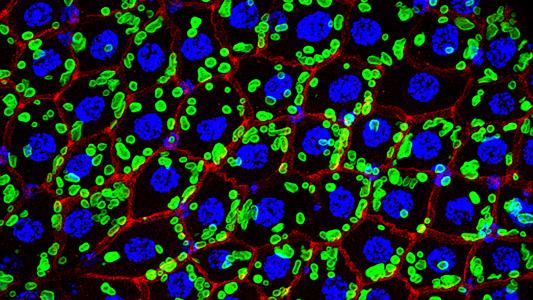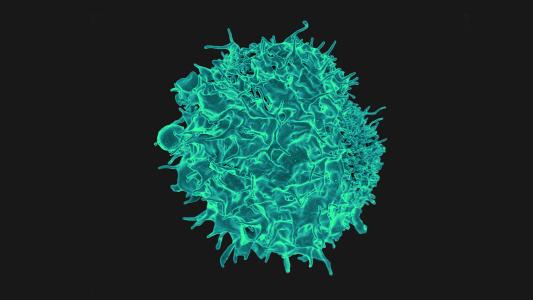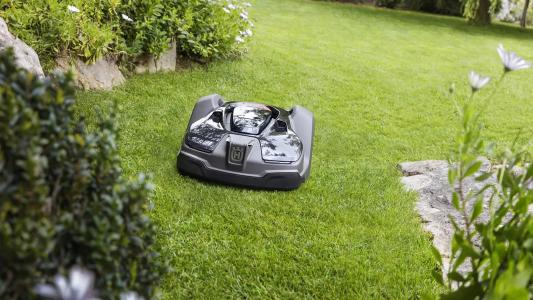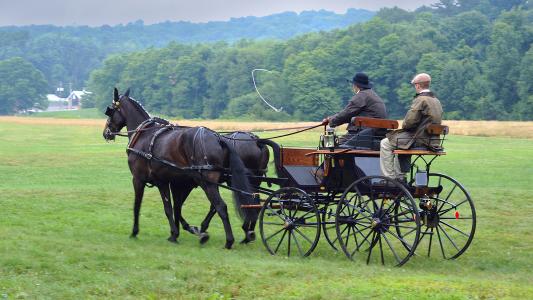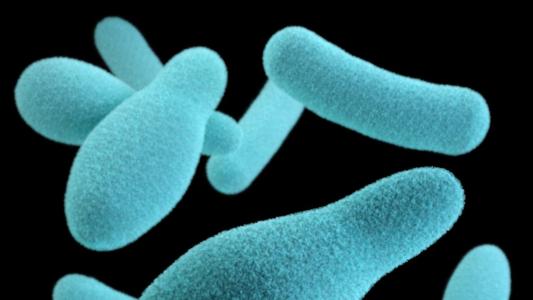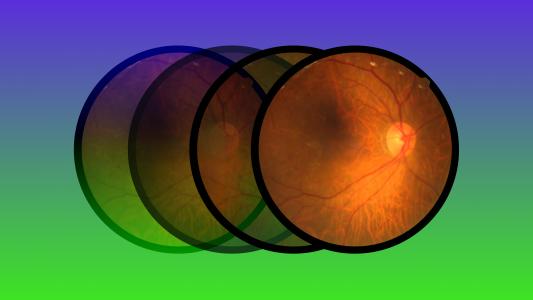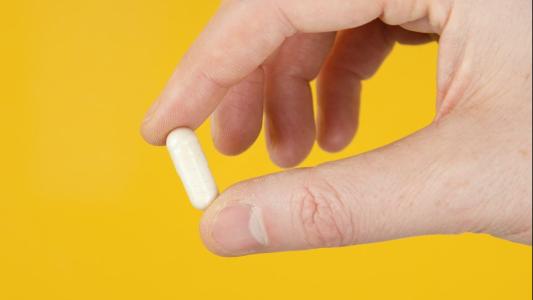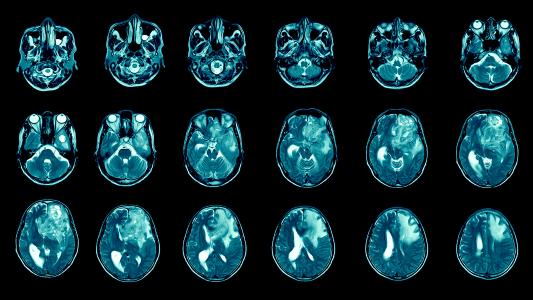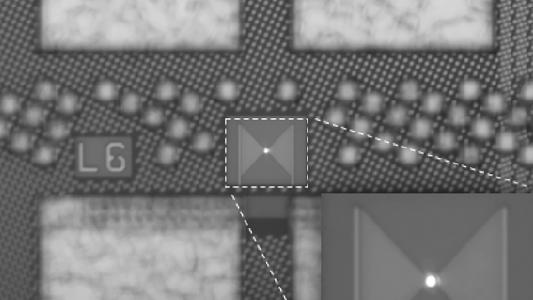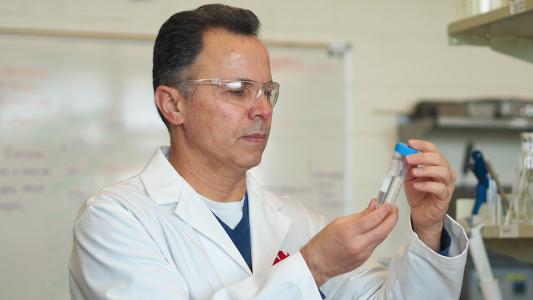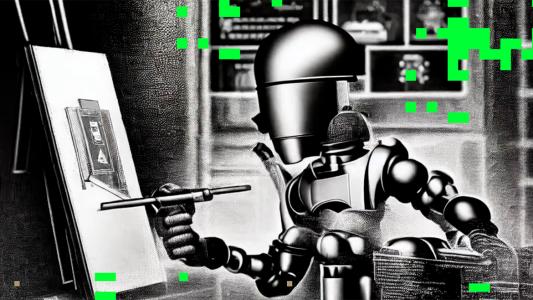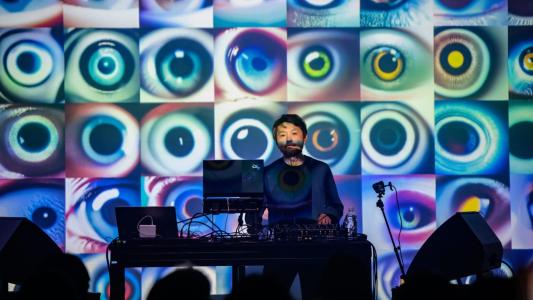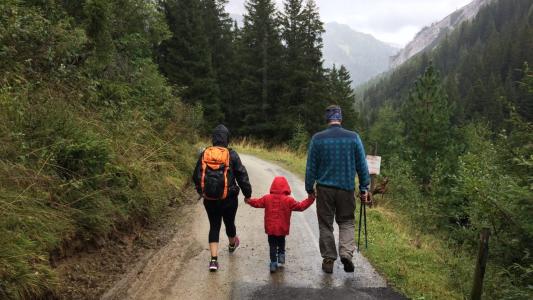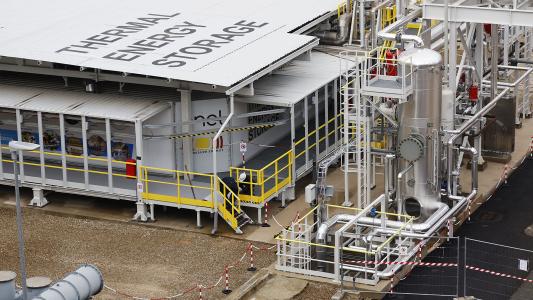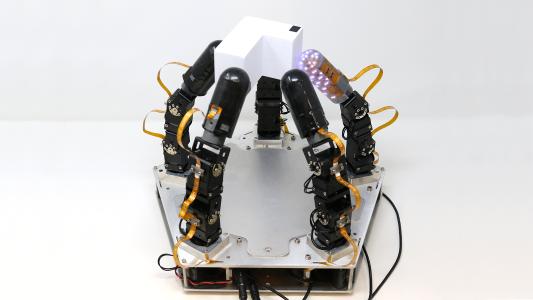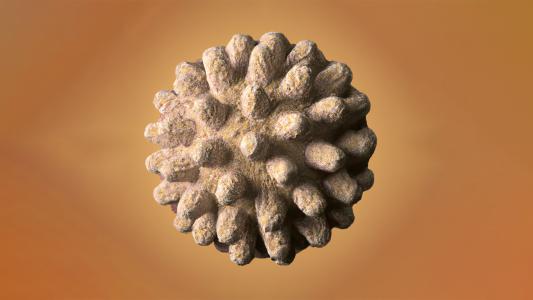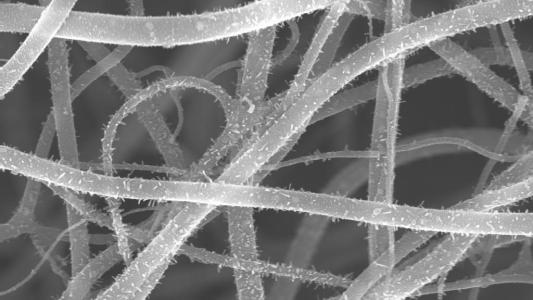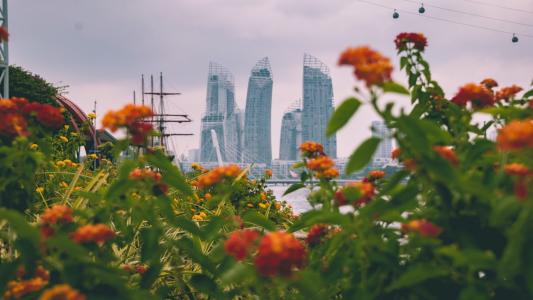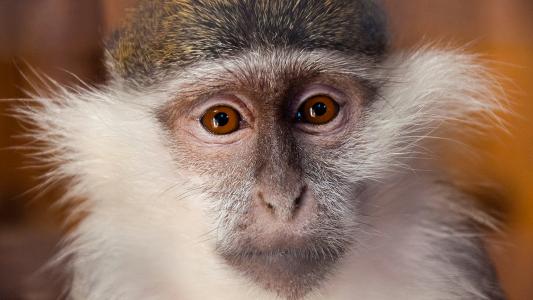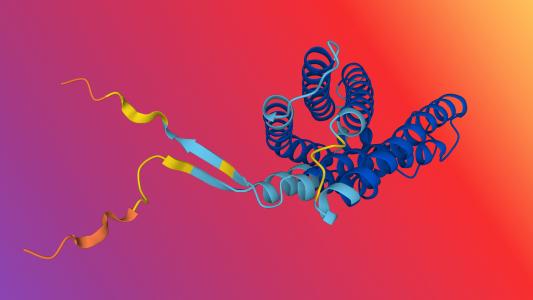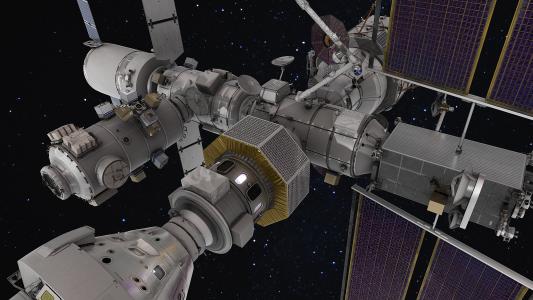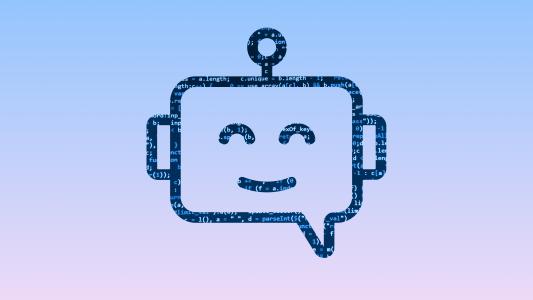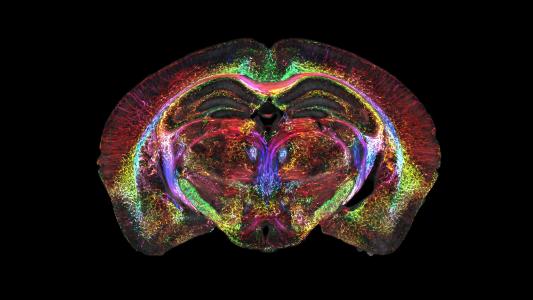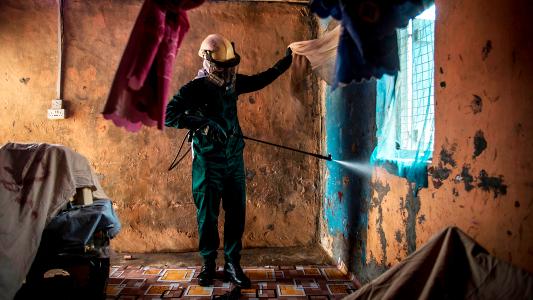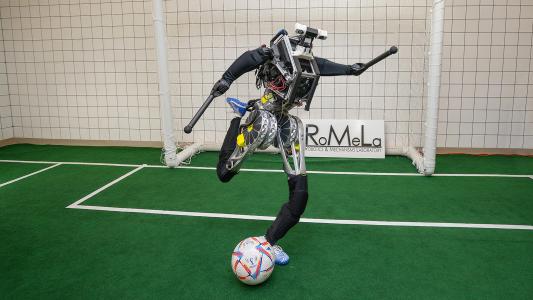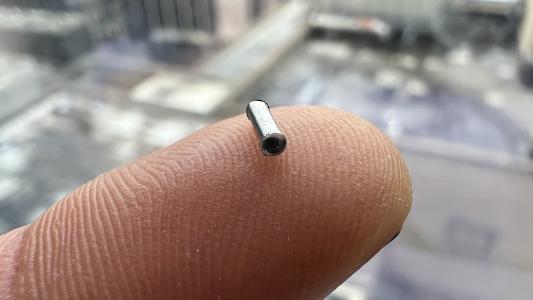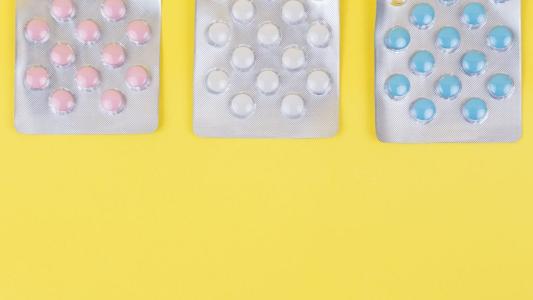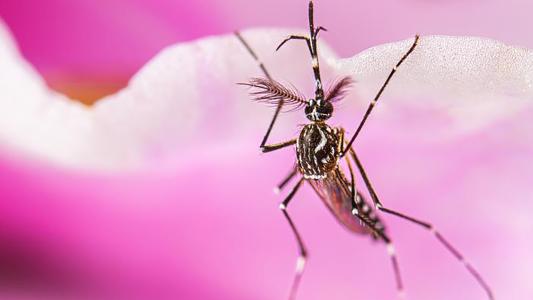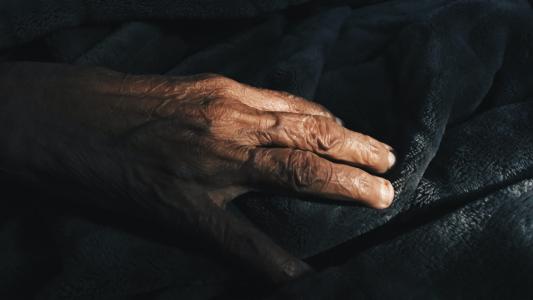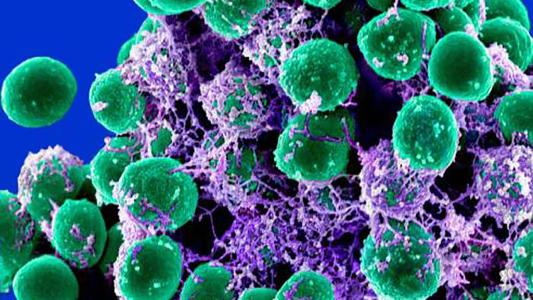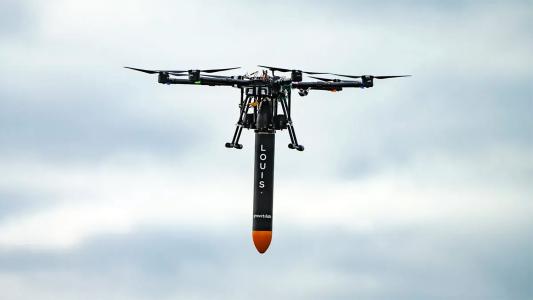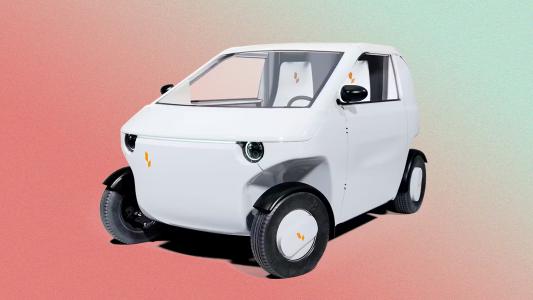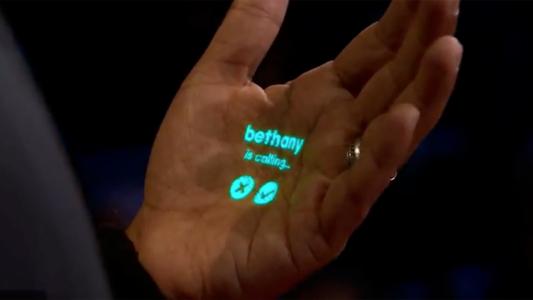Something found in bats could help us survive infections and inflammation
This protein may help bats survive viral infections and could be the springboard for new anti-inflammatory drugs.
A general-purpose robot is entering the workforce
Tech startup Sanctuary AI has unveiled Phoenix, a general-purpose robot designed to perform many workplace tasks.
Like hungry locusts, humans can easily be tricked into overeating
Our bodies crave more food if we haven’t had enough protein — especially if we’re reaching for ultraprocessed foods.
Watch NASA’s one-of-a-kind snake robot training to go to space
NASA has released a video of its one-of-a-kind snake robot EELS slithering across a variety of challenging terrains.
Discovery finally uncovers how melanin blocks UV
An international team of researchers have isolated and analyzed a component of melanin, which protects us from the sun.
Scientists discovered a “minimum mechanism” required for consciousness
Scientists stimulated the brains of macaque monkeys in an effort to determine which areas are responsible for driving consciousness.
We need more than ChatGPT to have “true AI.” It is merely the first ingredient in a complex recipe
LLMs might be one ingredient in the recipe for true artificial general intelligence, but they are surely not the whole recipe.
New electronic pill zaps the stomach to regulate hunger
MIT’s new electronic pill stimulates stomach cells to regulate hunger — showing it's possible to hack the powerful gut-brain axis.
How to make credit work for you — not against you
In partnership with Million Stories
The 6 steps to turn your credit from anxiety-provoking into an indispensable financial tool.
A banana that doesn’t go bad so fast approved by the Philippines
Billions of bananas are wasted every year, but that may change soon.
Psychedelic inspires discovery of two new drug candidates for depression
Researchers have found ibogaine-inspired compounds effective in treating depression and addiction in mouse models.
This soft brain implant unfurls its arms under the skull
A soft brain implant that unfurls under the skull could make implantation surgeries less costly and risky.
To be a happier, more successful person, get off the “hedonic treadmill”
Eudaimonic pursuits are outwardly focused, whereas hedonic activities are concerned with self-centered fulfillment.
Man’s mutated gene appears to delay onset of Alzheimer’s
The discovery of a second person naturally resistant to a genetic form of Alzheimer’s could lead to treatments for the disease.
First-in-US brain surgery performed in Boston
A surgical team has performed a surgery that alleviated a dangerous brain condition before it was too late.
SpaceX to launch first commercial space station in 2025
The world’s first commercial space station could reach orbit as soon as 2025 as part of a deal between SpaceX and space startup Vast.
Supercomputers revealed giant “pillars of heat” funnelling diamonds upwards from deep within Earth
Understanding Earth’s internal history can be used to target mineral reserves – not only diamonds, but also crucial minerals.
3 key activities will make you “antifragile”
Resilience is vital for dealing with failure, and stems from three traits: self-esteem, psychological flexibility, and emotional regulation.
A new organelle has been found in cells
Researchers have discovered a new organelle in the guts of fruit flies.
The groundbreaking plan to map the entire human immune system
Powered by AI and a vast trove of data, the Human Immunome Project aims to fully map the most complex system in the human body.
Personalized mRNA vaccine preps the body to battle deadly cancer
A new pancreatic cancer vaccine based on mRNA tech was shown to be safe and capable of triggering an immune response in a small trial.
Amish gene study finds clues to mood disorders like depression and bipolar disorder
Researchers have turned to this unique genetic population to find insights into how our genes play a role in mental health.
CRISPR sausage gets FDA green light for consumption
The FDA has given Washington State University researchers the green light to feed five gene-edited pigs to people.
Potential way to treat anorexia found in microbiome
New research links the gut microbiome, an ecosystem of viruses, bacteria, and fungi, to the development of anorexia nervosa.
Wendy’s has a chatbot taking drive-thru orders
A Google-trained chatbot has begun taking orders at a Wendy’s drive-thru, and if a pilot test goes well, the AI could be rolled out widely.
New gene therapy could reverse a common cause of blindness
A new study suggests we may be able to convert dormant eye cells into photoreceptors to reverse retinal degeneration.
Rapamycin: The unlucky history of the most powerful anti-aging drug
When rapamycin research was revived, it was found to have both anti-cancer and anti-aging properties. Here's what researchers say today.
Westinghouse’s small nuclear reactor could power the future
Westinghouse Electric Company has unveiled a small nuclear reactor based on the same tech as a larger reactor already in operation.
Ultrasound could help us fight the deadliest cancer
In a small study, Northwestern researchers were able to get chemo drugs into the brains of glioblastoma patients with implanted ultrasound devices.
LSD flashbacks and a psychedelic disorder that can last forever
LSD flashbacks have been studied for decades, though scientists still aren't quite sure why some people experience them.
Why every day counts when saving for retirement
In partnership with Million Stories
Saving for retirement isn’t as intimidating as you think it is, but it’s important to start early.
MIT breakthrough creates world’s smallest holographic microscope
The world’s smallest holographic microscope foreshadows a future in which smartphones could be used for high-res microscopy.
AI helps terminal cancer patients make the most of their final days
An AI that encourages doctors to talk to cancer patients about their end-of-life care impacts how they choose to live out their final days.
New tech permanently destroys “forever chemicals” in water
Canadian researchers' new treatment removes 99% of the harmful “forever chemicals” in water cheaply, safely, and permanently.
AI dramatically improved mRNA vaccines in just 11 minutes
A new AI tool can find the most stable mRNA sequence for a vaccine, leading to more effective shots that are less prone to degradation.
A view from the creative frontlines
What can we learn from creatives who have already begun experimenting about with this new wave of generative AI tools about what is to come?
What AI can teach us about copyright and fair use
A copyright lawyer and fair use expert weighs in on the legal implications of these new AI technologies.
Idea amplification is the really exciting potential of generative AI
Former OpenAi researcher Kenneth Stanley explores the potential for AI to help us unlock new creativity by turning former dead ends into viable paths forward.
Why artists shouldn’t fear AI
Advancements in generative art have many human artists on edge. But should they be worried?
These “AI Artists” don’t want to ape existing art — they want to create something new entirely
We sat down with two prominent AI artists to talk about their projects and their quest to create new genres.
Is the disruption caused by AI art actually new, or does it just feel new?
From paint in tubes to typewriters to photography to digital art, the history of creativity is a history of disruptive technologies.
The "Creative Singularity" came and went. Now what should we do?
The emergence of generative AI signals an important inflection point for artists.
New drug candidates found in an unlikely place
Costa Rica’s famed sloths harbor bacteria in their fur which can create antibiotic compounds — a potential source of future therapies.
New tech creates liquid buttons on touchscreens
Carnegie Mellon researchers want to return a sense of touch to touchscreens.
Study: Parenthood seems to rewire gray matter
A study found that couples who co-parent together display similar brain activity, suggesting they become greatly attuned to each other.
Listening to the right tunes can prevent motion sickness in VR
Playing “joyful” music can reduce the symptoms of cybersickness from VR, according to a small study out of Scotland.
World’s first vaccine for RSV approved in the US
The FDA has approved the world’s first vaccine for RSV, a potentially deadly viral infection that has long eluded vaccination.
The first fecal transplant pill is heading to pharmacies
The FDA approval of the first fecal transplant pill could kick off an era in which we target the gut microbiome to treat many other diseases.
More Americans than ever have no friends. Here are 5 steps to make more friends.
The last decade has seen a steep drop in adult friendships and a worrying increase in loneliness. Is this the cost of our modern life?
World’s first thermal energy storage “gigafactory” opens
Israel’s Brenmiller Energy has opened what is believed to be the first thermal energy storage gigafactory in the world.
“Blind” robot hand can operate solely by touch
Columbia University’s new robot hand can deftly manipulate objects without seeing them, allowing it to work in complete darkness.
Ancient viruses in the human genome can help fight cancer
Armed with a DoD grant, researchers are harnessing the genetic code of ancient viral infections to fight prostate cancer.
The grid isn’t ready for 300 million EVs by 2030. Here’s how to fix it.
There were 16.5 million electric vehicles on the world’s roads in 2020 - this is expected to rise to 300 million by 2030.
Complex brain activity detected in dying patients
Researchers have measured gamma waves, a sign of brain activity, in patients who were dying.
New Alzheimer’s drug slows cognitive decline by 35%
Eli Lilly’s new Alzheimer’s drug, donanemab, slowed cognitive decline by 35% in a phase 3 trial, but two people died from side effects.
Networks of silver nanowires seem to learn and remember, much like our brains
Self-organising networks of tiny silver wires appear to learn and remember in much the same way as the thinking hardware in our heads.
Earbud-like tech will monitor sleep for signs of Parkinson’s
An EEG device that’s worn in the ear during sleep could help doctors diagnose Parkinson’s and Alzheimer’s long before symptoms appear.
Nature-based solutions are cleaning up cities
Nature-based solutions can be radical — think covering a highway with a park — but offer meaningful ways to address pollution.
Your fundamental tax questions, answered
In partnership with Million Stories
Taxes are confusing. Here’s a guide to understanding how and why we pay them.
Insiders say Apple is building an “AI health coach”
Tech giant Apple is developing an app with an AI health coach to help you live a healthier lifestyle, according to a Bloomberg report.
Gene therapy reverses vision loss in primates — by making their eyes young again
A Harvard study found that a new gene therapy that reprograms cells to their younger state can reverse NAION-caused vision loss in primates.
The vicious cycle of food and sleep
More than a third of Americans don’t log enough hours in bed, provoking serious health impacts. Diet is an important, under-recognized reason.
“Relationships 5.0”: Are people going to start dating AI?
Online dating is so mainstream that you’re an outlier if you haven’t met your partner on an app — so why not AI?
Massive autonomous robot is 3 to 5 times faster than a human construction crew
Built Robotics has unveiled an autonomous construction robot that speeds up the installation of utility-scale solar farms.
See Mars’ mysterious moon Deimos from just 68 miles away
The UAE’s high-resolution images of Mars’ moon Deimos suggest that the tiny satellite isn’t what we thought it was.
Startups serve “world’s first” lab-grown fish filets
The world’s first lab-grown fish filets are able to match the texture of real fish thanks to 3D printing technology.
Battery density breakthrough could be enough to power electric planes
CATL, the largest manufacturer of EV batteries in the world, has announced a new super powerful one — but details are light.
Scientists discover “anxiety gene” in the brain — and a natural way to turn it off
The discovery of an "anxiety gene" — and a natural way to put the brakes on it — in mice could lead to new treatments for anxiety disorders.
How “centaur AI” will radically reshape the future of healthcare
With healthcare, it is not enough to spot patterns: we need to understand biological mechanisms. Ai can help us do it.
40% of chores could be done by robots within 10 years, according to a new study
Nearly 40% of the time spent on domestic chores could be automated within a decade, researchers estimate.
NASA’s next space station will be 1,000 times farther from Earth
While NASA prepares to launch its lunar space station, other groups are working to ensure we still have an off-world home closer to Earth.
Inexperienced workers get the biggest boost from AI, Stanford/MIT study finds
MIT and Stanford researchers have completed the first real-world assessment of chatbot AI in the workplace
New gel destroys brain cancer in 100% of treated mice
A new brain cancer treatment not only cured 100% of mice that received it, but also trained their immune systems to fight future cancers.
Google chatbot “Bard” can now code in 20 languages
Google has rolled out a suite of coding capabilities for Bard AI in 20 different programming languages.
Emotions get better with age
As people grow older, they gain greater control of their feelings. How do they do that — and can they teach young people a thing or two?
This brain image is 64 million times sharper than standard MRI
A new brain imaging technique that generates ultra-high resolution images of mouse brains could revolutionize neuroscience research.
Two African countries first to approve Oxford’s malaria vaccine, with 20 million doses on the way
Ghana and Nigeria have become the first two nations to approve Oxford’s vaccine against malaria.
How frontotemporal dementia, the syndrome affecting Bruce Willis, changes the brain
What is FTD, the type of dementia that leads to inappropriate social behavior, impulsivity, and loss of empathy?
UCLA’s humanoid soccer robot is headed to the “RoboCup”
A first-of-its-kind soccer robot built by researchers at UCLA is heading to France to compete in the annual RoboCup.
Hollow “seed” shrinks cancerous tumors from the inside
A new drug delivery system for pancreatic tumors could dramatically decrease medication dosages, helping minimize unpleasant side effects.
The imagination effect: A history of placebo power
The famous placebo effect has a long, rich history — it certainly had an outsized role in the medicine of centuries past.
Will GPTs swallow NFTs?
The explosion of art made with GPTs and the new market created by NFTs will usher in a Virtual Renaissance that defines 21st century art.
Cruise driverless cars can now operate 24/7 across San Francisco
GM-backed Cruise has announced that it can now operate its driverless car service 24/7 in San Francisco.
A mosquito factory will create billions of biters in Brazil
The World Mosquito Project’s plan is to introduce bacteria-carrying mosquitoes to stop the spread of dengue.
Astronomers have directly detected a massive exoplanet. The method could transform the search for life beyond Earth.
There are many techniques to search for planets orbiting other stars. Perhaps the simplest of these is called direct imaging, but it's not easy.
The paper plane world record has been shattered
Boeing engineers who grew up folding paper planes at family days have broken the distance flight record.
Dementia patients are “rallying” just before death. Scientists want to know why.
New research into terminal lucidity could revolutionize our understanding of dementia — and maybe even give us a way to reverse it.
Dignity therapy: Making the last words count
Guided conversations with the terminally ill are popular with patients, families and doctors. But are they truly beneficial?
What do 85,000 volcanoes look like? Check out a comprehensive map of Venus and see.
Using decades-old data, researchers at Washington University in St. Louis have created a comprehensive Venus volcano map.
Alzheimer’s disease: an illness that needs a long overdue cocktail
Scientists are starting to agree that the "holy grail" solution for Alzheimer's is more likely to be a drug cocktail than a single treatment.
NASA’s Habitable Worlds Observatory to finally answer the epic question: “Are we alone?”
The Nancy Roman Telescope is already being built with a goal no smaller than to find inhabited planets beyond Earth.
Stanford researchers have engineered an organism to fight cancer
A team of Stanford and MIT researchers have engineered bacteria to create a topical tumor treatment and preventative effective in mice.
Watch a startup drop science experiments from 2,000 feet up
To help scientists conduct microgravity experiments, UK startup Gravitilab has developed a drone that drops them from high above the Earth.
Alternative funeral options are changing how we honor our dead
A small, yet growing number of people are starting to choose funeral options outside traditional burial or cremation.
This $11,000 microcar ships flat like IKEA furniture
Swedish mobility startup Luvly has unveiled an ultra-efficient $11,000 microcar, Luvly O, for urban transportation.
Killing this toxic invasive species could help fix the climate
A robot from Seaweed Generation will drag chunks of sargassum 200 meters deep until they burst and die.
LSD effective as major depression therapy in phase 2 trial
MindMed and University Hospital Basel have announced top line results for their phase 2 trial.
Is this secretive device the “iPhone killer”?
Thanks to a leaked video from a TED presentation, we now have our first glimpse at secretive startup Humane’s wearable tech.
